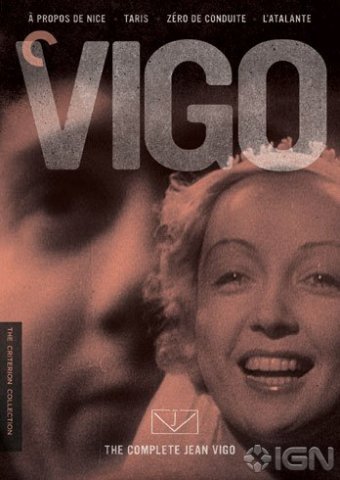Ride the Eagle: An Unforced Awakening, by Tyler Smith

Watching Trent O’Donnell’s Ride the Eagle is hardly a groundbreaking cinematic experience. It combines various familiar narrative tropes into one story that is as light as a feather, utterly predictable, and often quite charming. Like his main character, the director takes a casual approach, forcing neither the laughs nor the tears inherent in this kind of film. While at times the lackadaisical pacing can get a little tedious, the film is ultimately ingratiating precisely because it never feels like it’s trying too hard; content without becoming complacent.
The story begins with musician Leif (Jake Johnson) receiving news of his estranged mother’s death. His mom, Honey (Susan Sarandon), hasn’t been a big part of his life ever since abandoning him at twelve years old to go join a cult. As such, Leif takes this news mostly in stride, very aware that he should feel something, but is mostly at peace with the fact that he doesn’t. However, Honey has left Leif her beautiful mountain cabin, provided that he complete a list of tasks meant to challenge and encourage him. Leif agrees to do the list, mostly because, hey, free cabin! As he works his way down the list, he reconnects with an old girlfriend (D’Arcy Carden) and meets Honey’s lover (J.K. Simmons), stumbling his way into the life lessons that his mother is trying to teach him.
None of this should feel particularly new to savvy filmgoers. The death of an estranged parent, the belated coming-of-age of an adult slacker, the rekindling of an old love; all of these will feel extremely familiar. And yet O’Donnell, working from a script he co-writes with Johnson, makes it all feel fresh because he never rushes it. He allows it all to simply unfold, only occasionally feeling contrived.
With a story so minimal, the film either succeeds or fails based on its actors’ charisma and commitment. Thankfully, the action is centered around Jake Johnson, an actor whose naturalism and ability to be truly in the moment on screen has made him a unique comic presence. Usually part of an ensemble, Johnson shows here that he is able to not only carry a film but to do so while navigating some pretty complicated emotional waters. A character who is perpetually aware that they should be feeling something, but is simply unable to, can be tremendously difficult to portray. It’s a tightrope; fall to one side and the character appears to be incapable of any emotion while falling to the other and it’s too obvious that there is a deep well of emotion eager to come to the forefront. Johnson manages to convey that Leif is not an unemotional person; only that he is in uncharted territory and is trying to figure it out. He would cry if he felt like crying, but he doesn’t, and that fact doesn’t depress as much as bemuse him. It’s a solid performance, made all the more so by the effortless moments of comedy that he is able to seamlessly integrate into otherwise-maudlin material.
Johnson is helped by a solid supporting cast. While only seen in pre-recorded video footage, Sarandon crafts a fully-developed character; one who speaks with offbeat authority, but an undeniable regret over her past actions. J.K. Simmons, as always, brings a goofy weight to the proceedings. Luis Fernandez-Gil gets dangerously close to caricature as Leif’s eccentric landlord (and band manager), but holds back just enough that we’re able to believe that this strange man could actually exist. And, of course, D’Arcy Carden, one of the brightest spots of NBC’s The Good Place, brings such sad and flirtatious energy to her limited screen time that we have to remind ourselves that she and Johnson are never actually in the same physical space; only ever talking on the phone. They have such natural chemistry that it’s easy to believe that these two were once romantically involved (and very well could be again).
A great cast, an unforced tone, and beautiful mountain photography combine to create a film that is unapologetically pleasant. We may not remember it once it is over, but while we’re watching, we’re engaged. We feel like we know these people, and not only because so many of them are archetypes. Trent O’Donnell has managed to craft a film that is funny, mournful, relaxing, sad, and hopeful, all without seeming to expend any noticeable energy. That may sound like a backhanded compliment, but it is not. The ability to create a tone so organic that it seems almost incidental is actually a pretty impressive directorial achievement, and Ride the Eagle may be slight, but it is not without a purpose. O’Donnell’s ability to strike that balance is what makes the film such a satisfying experience.


























